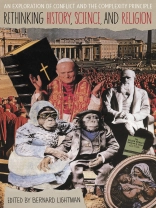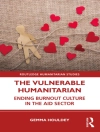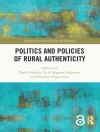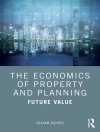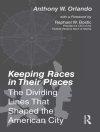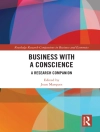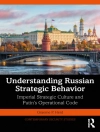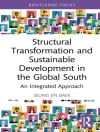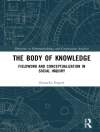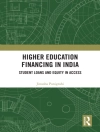The historical interface between science and religion was depicted as an unbridgeable conflict in the last quarter of the nineteenth century. Starting in the 1970s, such a conception was too simplistic and not at all accurate when considering the totality of that relationship. This volume evaluates the utility of the “complexity principle” in past, present, and future scholarship. First put forward by historian John Brooke over twenty-five years ago, the complexity principle rejects the idea of a single thesis of conflict or harmony, or integration or separation, between science and religion. <i>Rethinking History, Science, and Religion </i>brings together an interdisciplinary group of scholars at the forefront of their fields to consider whether new approaches to the study of science and culture—such as recent developments in research on science and the history of publishing, the global history of science, the geographical examination of space and place, and science and media—have cast doubt on the complexity thesis, or if it remains a serviceable historiographical model.
Tentang Penulis
<b>Bernard Lightman</b> is distinguished research professor in the Humanities Department at York University and past president of the History of Science Society. He is the editor of <i>Rethinking History</i> and <i>Science and Religion</i> and coeditor of <i>Science Periodicals in Nineteenth-Century Britain</i> and <i>Identity in a Secular Age</i>. He also serves as a general editor for The Correspondence of John Tyndall and the Science and Culture in the Nineteenth Century series at the University of Pittsburgh Press.<b></b>
